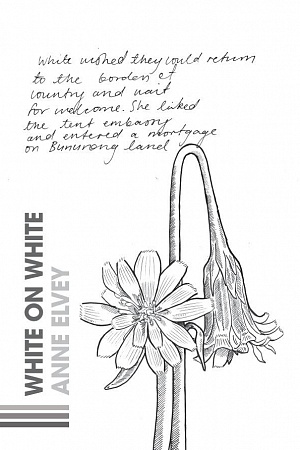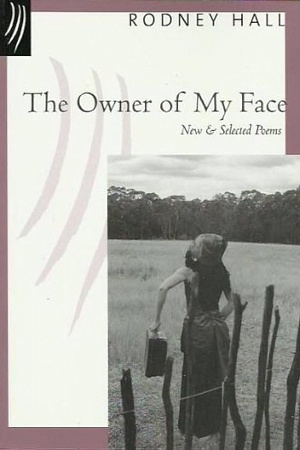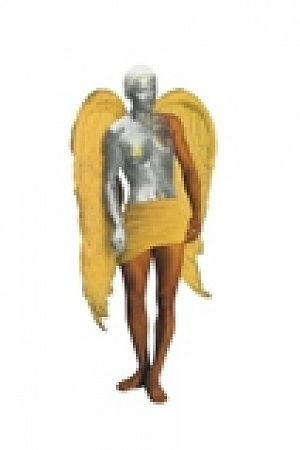Running time
Vagabond, $25 pb, 75 pp
‘It’s me talking’
The lyric subject, literature’s most intimate ‘I’, has vexed critics for centuries. Is it the poet? Is it a fiction, a device? Or is the relation between author and speaker, as Jonathan Culler suggests, ‘indeterminate’, such that ‘any model … that attempts to fix or prescribe that relationship will be inadequate’? Two new award-winning Australian poetry collections offer fine-grained considerations of personhood and the poem’s capacity to represent it.
Emily Stewart’s Running Time blurs, and at times erases, the line between artificial and human intelligence. The book’s four sections comprise sequences of untitled poems, line endings unpunctuated, free-floating. In the opener, the speaker’s self-consciousness boots up: ‘every summer I doomscroll’; ‘I dive into my cerebral offcuts’; ‘I was hiding my seriousness / and glitched.’ Are we not, wired into phones and computers, already cyborgs? Yet the poem also asserts that ‘the brain filled with shame cannot learn’, a statement that betrays a search for personal growth – and love.
Continue reading for only $10 per month. Subscribe and gain full access to Australian Book Review. Already a subscriber? Sign in. If you need assistance, feel free to contact us.












Leave a comment
If you are an ABR subscriber, you will need to sign in to post a comment.
If you have forgotten your sign in details, or if you receive an error message when trying to submit your comment, please email your comment (and the name of the article to which it relates) to ABR Comments. We will review your comment and, subject to approval, we will post it under your name.
Please note that all comments must be approved by ABR and comply with our Terms & Conditions.